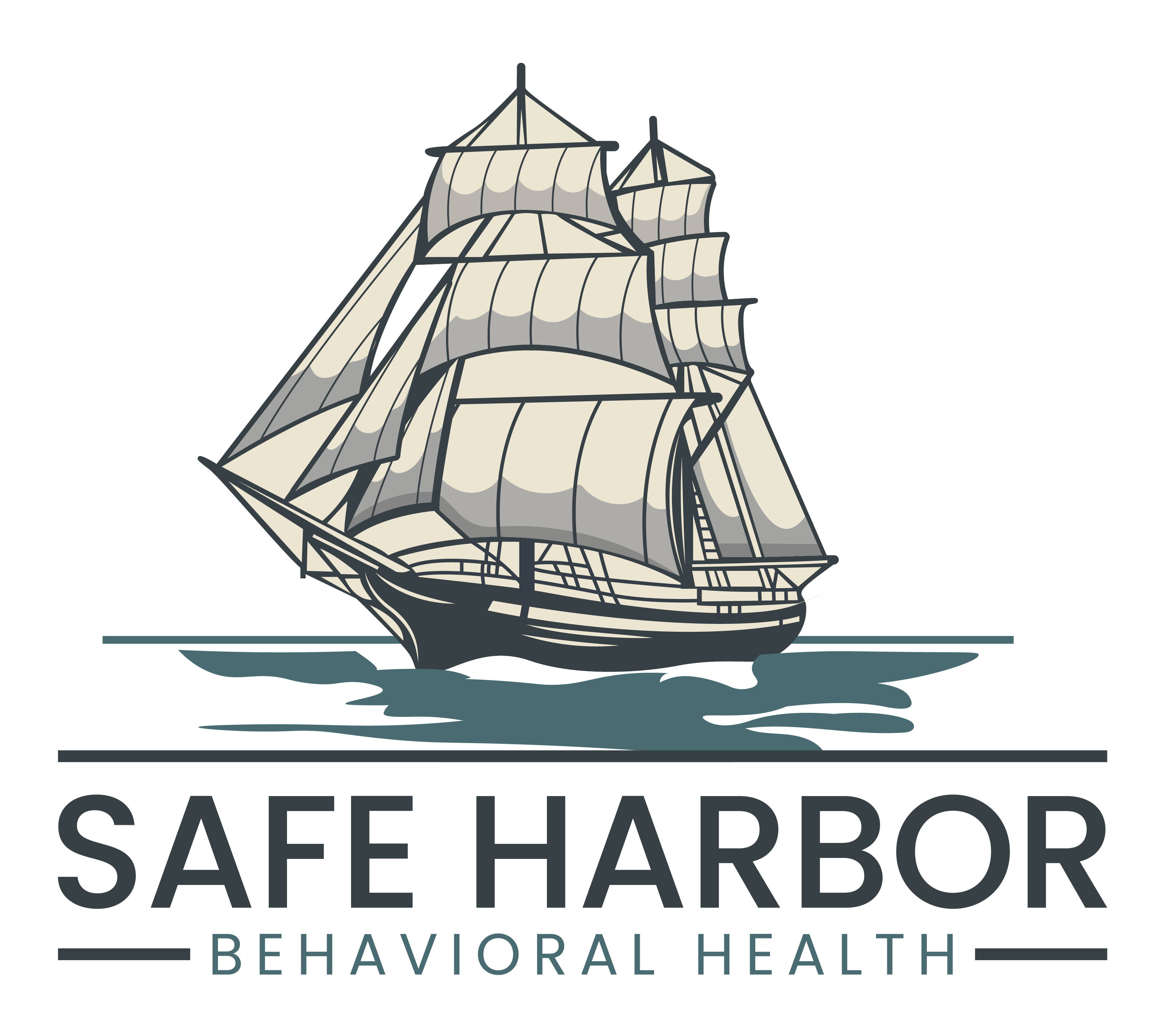In the pursuit of the “ideal body,” weight loss pills often appear to be a quick and effortless solution. Promoted as fast-acting remedies with minimal effort required, these products have become a mainstay in the wellness market. However, beyond the bold marketing and exaggerated promises lies a serious concern: Can you become addicted to weight loss pills? Before diving into the risks of addiction, it’s important to understand what these pills are and how they operate.
What Are Weight Loss Pills?

Weight loss pills exist in several forms, including prescription medications, over-the-counter (OTC) supplements, and herbal treatments. They typically fall into three main categories:
- Appetite Suppressants – Help reduce hunger and food intake.
- Fat Absorption Blockers – Decrease the amount of fat absorbed by the body.
- Metabolism Boosters – Increase the number of calories burned at rest.
Prescription vs. Over-the-Counter Pills
Prescription weight loss medications—such as phentermine, orlistat, and liraglutide—are usually recommended for people facing serious health issues due to obesity. These drugs are prescribed alongside lifestyle changes like healthier eating and increased physical activity.
OTC supplements, meanwhile, are widely available and significantly less regulated. Ingredients like green tea extract, garcinia cambogia, and caffeine are common, but not always safe. Despite their accessibility, these supplements can still pose serious health threats.
How Do They Work?
Weight loss pills affect different physiological systems depending on their type:
- Appetite suppressants alter neurotransmitters like serotonin and norepinephrine to reduce hunger.
- Fat blockers limit fat absorption in the digestive tract.
- Stimulants (found in both prescription and OTC products) increase energy use and heart rate.
While these effects may support short-term weight loss, they rarely promote lasting change—and often come with uncomfortable or dangerous side effects.
Can You Become Addicted?
Addiction doesn’t just involve illegal drugs—it can also stem from legal medications and supplements. Many weight loss pills, especially those with stimulant components, carry a significant risk of both psychological and physical dependence.
- Psychological dependence may include emotional reliance, compulsive use, and cravings.
- Physical dependence can lead to withdrawal symptoms when the pills are stopped.
Stimulants, particularly those similar to amphetamines, may elevate mood, boost energy, and reduce appetite—but they also activate the brain’s reward system, increasing the risk of addiction. Medications like phentermine are classified as Schedule IV controlled substances in the U.S., highlighting their potential for abuse.
Warning Signs of Weight Loss Pill Addiction
Common indicators of addiction include:
- Anxiety or mood instability when not taking the pills
- Increasing dosage without medical guidance
- Choosing pills over regular meals
- Continued use despite harmful side effects
- Experiencing fatigue, irritability, or intense hunger during withdrawal
Recognizing these red flags is essential for seeking help early.
Why Weight Loss Pills Are More Dangerous Than They Seem
Weight loss pills often exploit emotional struggles tied to body image, self-esteem, and control. This emotional connection makes dependency more likely—especially among those with pre-existing eating disorders such as bulimia or anorexia.
OTC supplements are particularly risky. Their lack of regulation means they may contain hidden stimulants or other harmful substances, leading to unexpected health complications and a higher risk of dependency.
Health Risks May Include:
- Elevated blood pressure and heart issues
- Anxiety, depression, or paranoia
- Digestive problems like constipation or diarrhea
- Dehydration or dangerous shifts in electrolytes
- Damage to the liver, kidneys, or heart
In severe cases, long-term misuse can even be life-threatening.
Treatment for Weight Loss Pill Addiction in Gloucester, MA
Though they may promise easy results, weight loss pills can come with serious and often overlooked dangers—addiction being one of the most significant. Understanding how these drugs work, recognizing the warning signs, and choosing healthier alternatives are crucial steps toward lasting well-being.
If you or a loved one is struggling with dependency on weight loss pills, help is available—and recovery is entirely possible.
Effective treatment options include:
- Medical detox to safely manage withdrawal symptoms
- Cognitive-behavioral therapy (CBT) to address emotional and behavioral triggers
- Nutritional counseling for rebuilding healthy eating habits
- Support groups for community, encouragement, and accountability
Sustainable weight loss doesn’t come from shortcuts—it comes from consistent, balanced habits that include nutritious food, regular movement, quality sleep, and effective stress management.
At Safe Harbor Behavioral Health, we’re here to support you with personalized care and guidance. We’ll help you design a safe, realistic plan to reach your goals—without the dangers of harmful pills.
Reach out to us anytime at (888) 617-3070 or info@safeharborbh.com. You’re also welcome to visit us in person, 24/7, at 11-15 Parker St, Gloucester, MA 01930.

